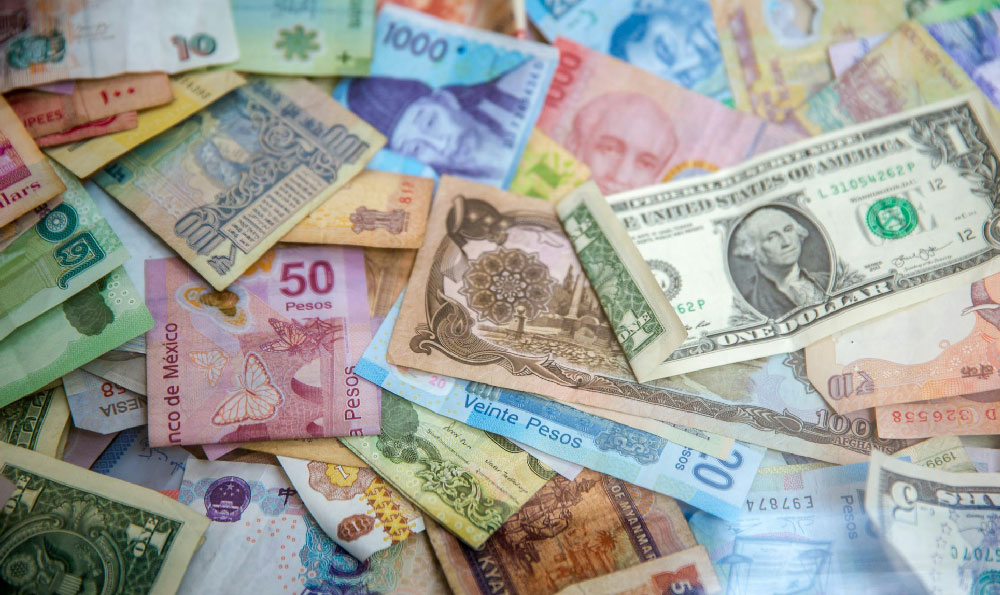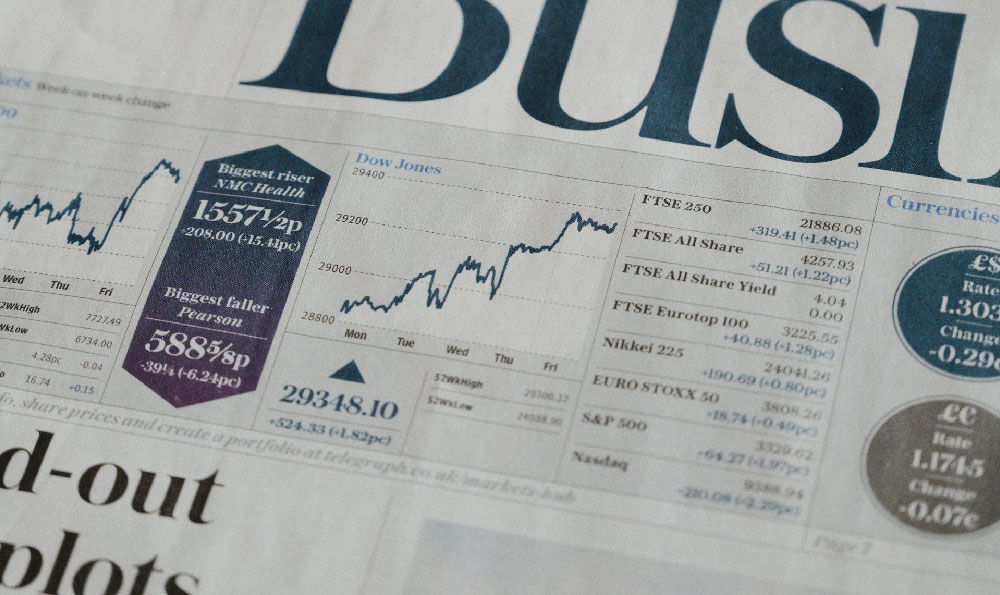
The shimmering stadiums, the roar of the crowd, the gravity-defying goals – professional soccer players exist in a world that seems almost mythical. Alongside the glory, however, comes a hefty paycheck, prompting a perennial debate: How much do these athletes really earn, and is it justifiable? The answer, like the beautiful game itself, is nuanced and multifaceted.
To understand the financial landscape of professional soccer, one must first acknowledge the vast discrepancies in earnings. Lionel Messi and Cristiano Ronaldo, arguably two of the greatest players of all time, headline lists with annual incomes eclipsing hundreds of millions of dollars, encompassing salaries, endorsements, and various commercial ventures. Their earnings represent the very apex of the profession, a stratosphere far removed from the reality experienced by most players. Beneath these titans lie a hierarchy of leagues, clubs, and player abilities, each corresponding to a different pay scale. Players in top-tier leagues like the English Premier League, La Liga, Serie A, Bundesliga, and Ligue 1 command significantly higher salaries than those in less prominent leagues. Even within these top leagues, a star striker will likely earn considerably more than a reliable but less flashy defender or a reserve goalkeeper. Furthermore, a player's age, experience, international reputation, and marketability all contribute to their earning potential. A young, promising talent with a few international caps can negotiate a far more lucrative contract than a seasoned veteran playing in a lower league. Therefore, stating a single average salary for a pro soccer player is highly misleading; it paints an incomplete and often inaccurate picture. You must consider the layers of the professional soccer pyramid.
The question of justification is where the debate truly ignites. Critics often point to the inherent inequality of the system, highlighting the disparity between the earnings of soccer stars and those of essential workers like nurses, teachers, and firefighters. These critics argue that no individual, regardless of their talent, should command such exorbitant sums of money, especially when so many others struggle to make ends meet. This argument often carries moral weight, touching upon broader issues of social justice and wealth distribution. It is a valid perspective, prompting introspection about societal values and priorities.

However, a counter-argument emerges when examining the economic forces at play within the professional soccer industry. Soccer is a global entertainment behemoth, generating billions of dollars in revenue each year. This revenue streams from various sources, including television broadcasting rights, sponsorships, ticket sales, merchandise, and increasingly, streaming services and digital media. Players are the central figures in this entertainment spectacle. Their skill, dedication, and performances directly contribute to the attraction and the profitability of the sport. Their presence draws crowds to stadiums, captivates audiences on television, and fuels the demand for merchandise. In essence, they are the product that the industry sells.
Given the massive revenue generated, it is argued that players are entitled to a significant share of the profits. Their salaries can be seen as a direct reflection of their market value – the amount that clubs are willing to pay for their services, based on their perceived contribution to the team's success and its overall financial performance. This is further compounded by the short career span of a professional soccer player. Unlike many other professions, soccer careers are typically limited to a decade or two, often ending in their early thirties due to the physical demands of the sport. During this relatively brief period, players must maximize their earning potential to secure their financial future. Furthermore, professional athletes face a high risk of injury, which can prematurely end their careers and jeopardize their future earnings. The significant financial rewards compensate for the inherent instability and uncertainty of the profession.
Another factor to consider is the trickle-down effect of high player salaries. Wealthy players often invest in their communities, create jobs, and contribute to charitable causes. Their presence in a city or region can boost tourism, attract investment, and create a sense of pride and identity. While this effect may not be uniformly distributed, it nonetheless represents a positive externality of the industry. It’s also relevant to remember that agents, trainers, nutritionists, and other supporting staff benefit from the player’s success, broadening the economic impact.
Ultimately, whether or not the earnings of professional soccer players are "justified" is a subjective question with no easy answer. It hinges on individual values, beliefs about wealth distribution, and an understanding of the economic forces that shape the professional sports industry. While the disparity in wealth may seem jarring, it is essential to recognize the complex interplay of factors that contribute to the phenomenon, from the entertainment value that players provide to the short and demanding nature of their careers. While critics may focus on the perceived excess, supporters emphasize the market forces and the inherent risks involved. The debate serves as a microcosm of broader societal discussions about wealth inequality, economic systems, and the value we place on entertainment and athletic achievement. The shimmering stadiums and the roar of the crowd are powered, in part, by a financial engine as complex and captivating as the game itself.





